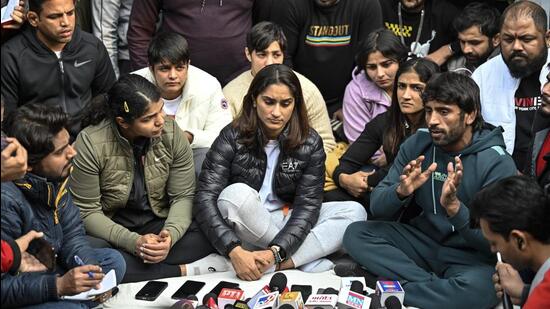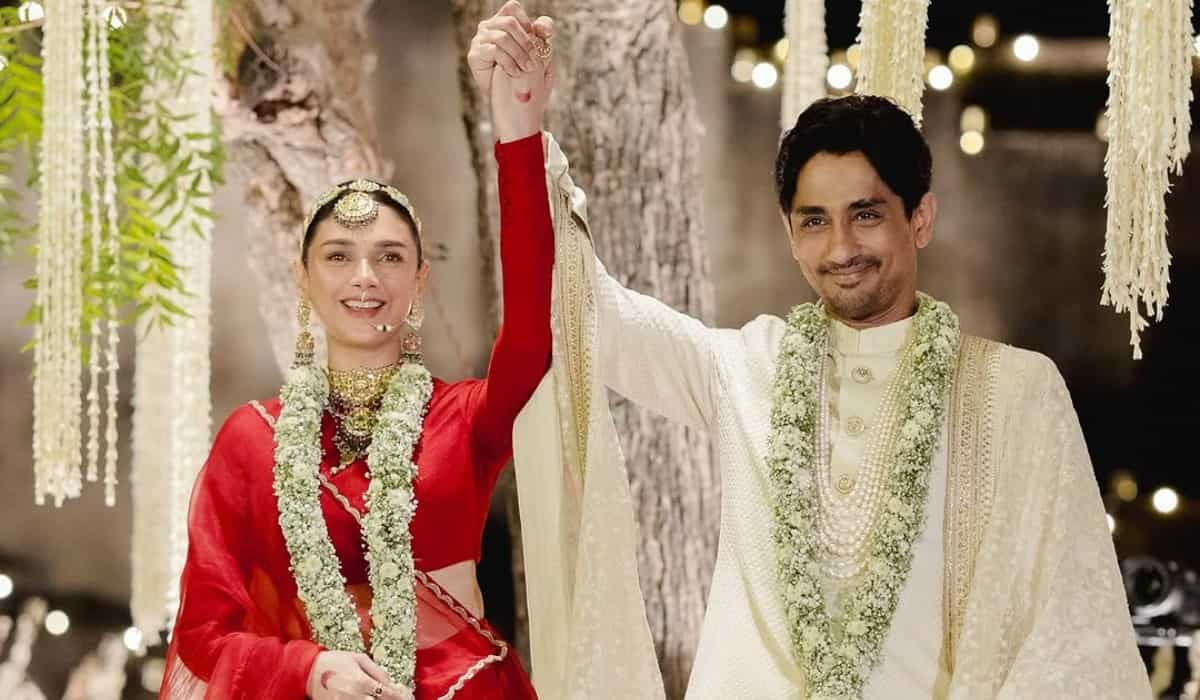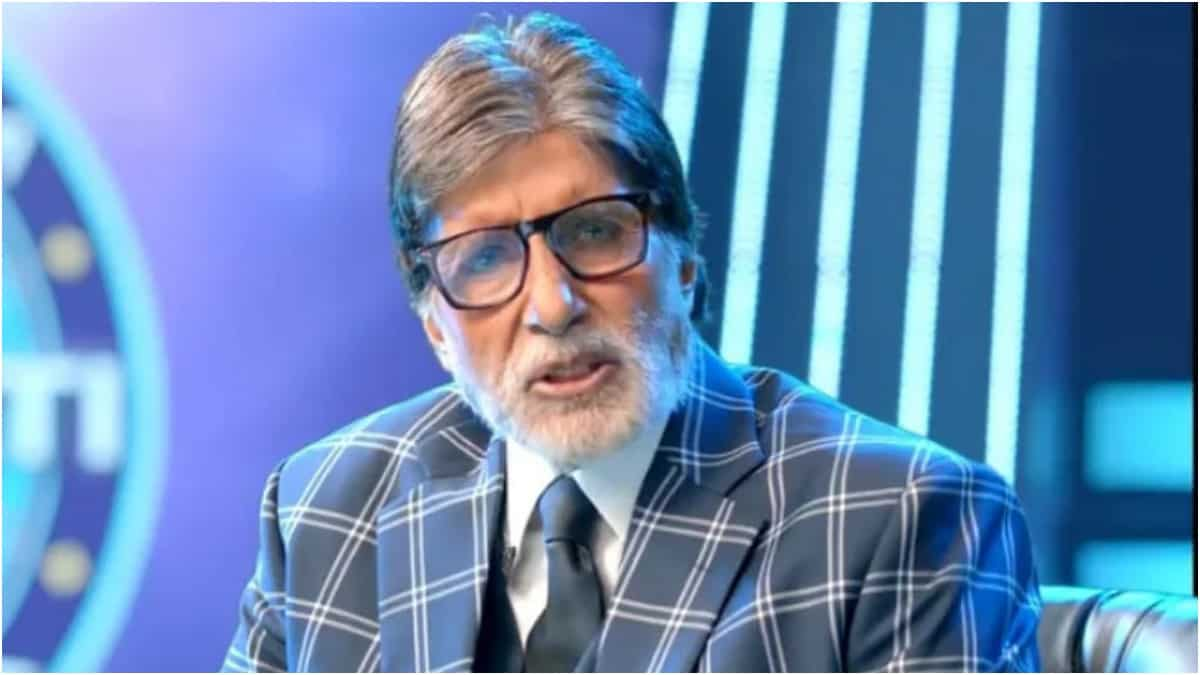
Federations continue to hold back Indian sport
7 months ago | 72 Views
The general feeling among Indians either invested or detached from non-cricket sport after every Olympics swings between ohyeah-positivity and simmering gloom. Paris 2024 is most definitely the latter, mostly due to the medal count, which suggests if not a huge dip in performance at least a post-Tokyo standstill.
Of the many directions where fingers are pointed, the governments’ schemes, funding and support for elite athletes is now at a level where administrators and coaches grumble that it’s too much and can even spoil the athlete. It is a fair argument. For the sports ministry, however, to keep releasing figures of how much was given to x or y, is still unseemly. These are our taxes distributed as a fiduciary duty, not as is being projected, what the French call, the grande largesse from a benefactor.
Brewing also stands the Prakash Padukone statement about individual athletic responsibility and introspection from the recipients of financial and strategic support. Padukone has never sought controversy, so his words must be studied in one of two ways: to deliberately let badminton hear his views on the subject. Or that his uncharacteristically fierce outburst in public was just his response to Lakshya Sen’s performances two days in a row. Justified and truthful on both counts.
Everyone inside the Indian sports industry knows the various personalities that fill our landscape today: the talented with hunger, the hungry who try to squeeze whatever they can from their talent and the adequately talented but only reasonably hungry who recognise what they need to do to stay at a level that serves their purpose. At various stages of their career. The Olympic contingent of 117 had a sprinkling of all three and no, they are not separated by medals but rather intensity of performance.
Keeping aside the money and the on-field practitioners, another set of actors also need to be called out specially after an Olympics. It’s the governors of every sport, the national sports federations. Fire an arrow or throw a stone and you’ll hit a federation coming up with baffling decision-making either before or after a mega event.
The Wrestling Federation of India deserves special mention here, its top office bearers accused of enabling or ignoring athlete abuse allegations in the run-up to the Olympics. The WFI’s constant wranglings with government and private sports organisations reaches a crescendo around every Games. The WFI’s lack of a speedy response following the Vinesh Phogat disqualification surprises no one. Their power is confined to bullying wrestlers and coaches into falling in line with the diktats from up above. The WFI has no influence in the world body United World of Wrestling (UWW), at least of the kind that can make a difference and contest rulings against their own athletes.
The “shared-silver” appeal put in for Vinesh came from her own French lawyers, not the WFI or even the IOA. Let it be known, the UWW has shared a medal before – that too gold: the 87kg Greco-Roman gold at the UWW 2023 World Championships was shared between two fighters in November that year, due to the review of what was called a “serious refereeing mistake.”
Then there’s the worst-performing of India’s priority sports at Olympic level – archery. The Archery Association of India (AAI) chose to lock its Korean recurve archery coach Baek Woong Ki out of the Paris Olympics team, despite the team’s performances under his watch. The first Asian Games recurve archery medals since Guangzhou 2010 followed by five medals across two 2024 World Cups -- a men’s team gold defeating archery giants Korea in Shanghai, two individual medals (silver and bronze) plus two team bronzes. AAI said Baek’s replacement was done at the behest of the archers. It led to another round of underwhelming performances in Paris, outside of the country’s first semi-final spot for its mixed team. AAI’s is unique approach to sports planning – who cares if it’s fixed and working? Let’s break it if the athletes say so.
Archery’s never had anything going for it at the Olympics anyway, but what is to be made of boxing? No medals for the men since Beijing 2008 which is now four Olympic cycles gone for a sport which had a pan-Indian appeal even more than wrestling. The women had held one corner up in London 2012 and Tokyo 2020 but in Paris the boxers blanked again.
Here, examine the Boxing Federation of India (BFI) scattershot coaching structure for its top boxers. In less than 36 months there have been five changes of coaches in various positions, six if you count a reinstatement. In March 2024 , the high-performance director (HPD) Bernard Dunne was relieved of his duties after the Indian team’s disappointing outing at the first World Olympic Boxing Qualifiers in Italy. In June 2023, Bhaskar Butt women’s team coach was transferred to SAI. In May 2022, Dunne’s predecessor, Santiago Nieva left after five years in the job which had seen an Asian Games gold medal to Amit Paghal and five boxers qualifying for Tokyo.
Nine months before Nieva, women’s boxing HPD Raffaele Bergamasco, who is considered the most successful Indian women’s boxing coach, left in September 2021 after being given a cold shoulder by BFI about a contract extension. In this melee men’s national coach KC Kuttapa was replaced by Narendra Rana and then reinstated. The BFI has just put yet another advertisement for a foreign coach. This is not how medals at Olympic level are fought for never mind won.
If you’re looking for a descent into the sublimely ridiculous, look no further than the Equestrian Federation of India (EFI). As late as May 2024, the EFI had been put under a court-ordered administrator (CoA) in another episode of the faction X-CoA-faction Y-CoA not-so-merry-go-round. Then a selection dispute over the choice of dressage rider, India’s first, for Paris 2024 was bitterly contested in court, with Anush Agarwalla’s name finally being cleared ahead of the in-form Shruti Vora only two weeks before Paris. Indian equestrian has generated more news about politicking than performance in the last two Olympic cycles. It’s not hard to believe that a herd of actual horses would be better organised than the federation.
We could go on – there’s the Rowing Federation of India, which introduces robust armymen to the sport at age 18, an age where their competitors elsewhere have already competed in 50 regattas. Not to mention the Swimming Federation of India which has hundreds of public and private swimming pools to work with, but whose elite athletes go to Singapore for quality competitions.
In the simmering gloom of Paris 2024, it’s good to remember that the majority of India’s sports federations generate neither cultural value nor sporting success and certainly no economic revenue to sustain themselves and have neither the dynamism nor the vision to do so. And to think that our taxes have been supporting these ultimate underperformers for decades.
#




















